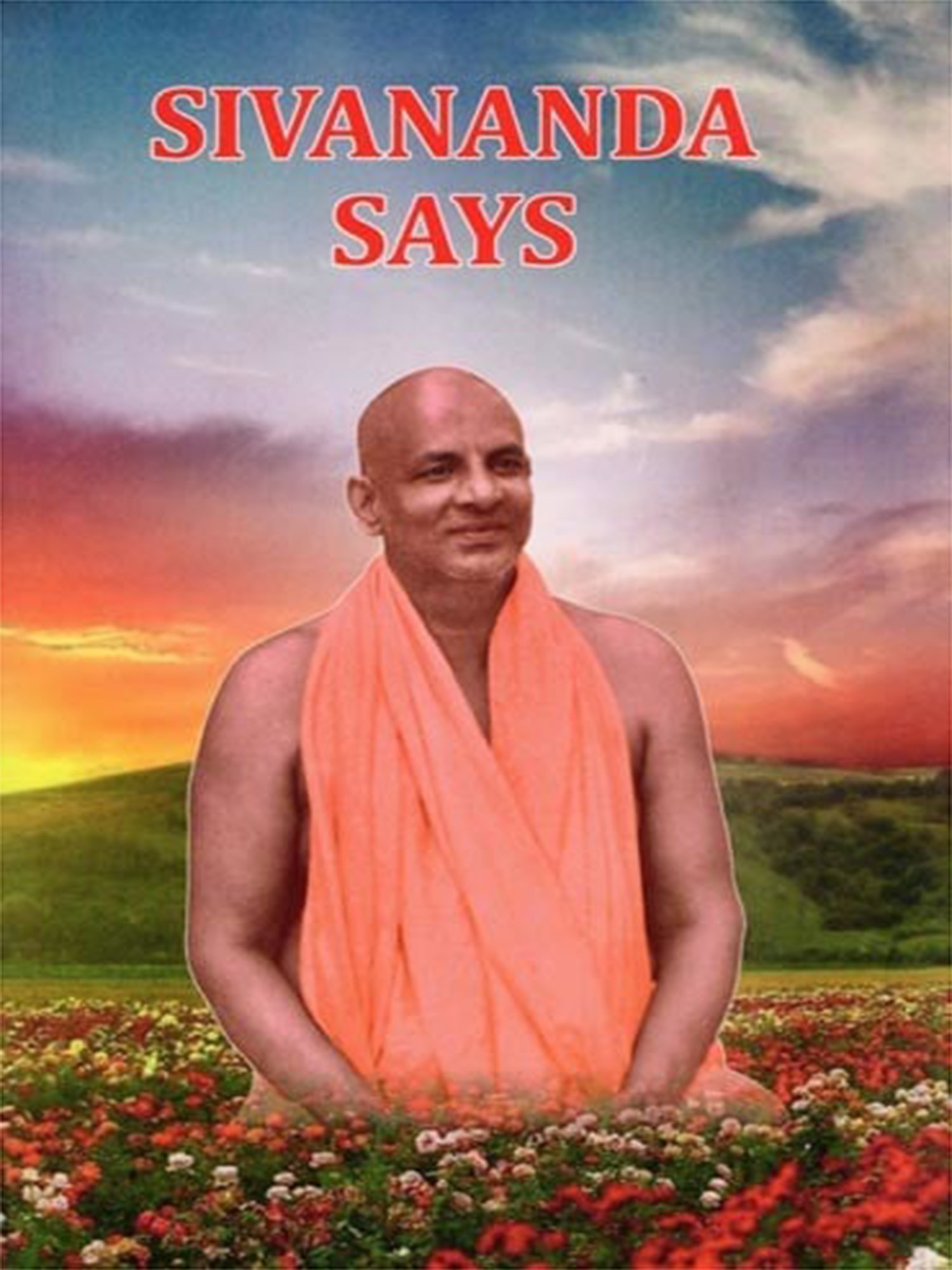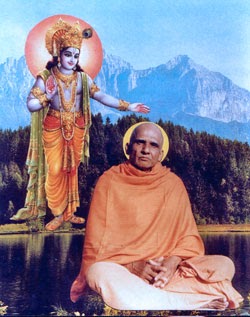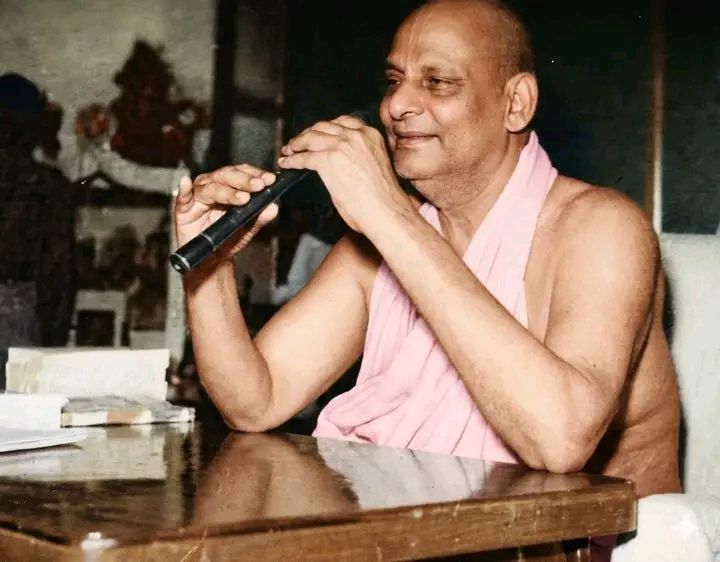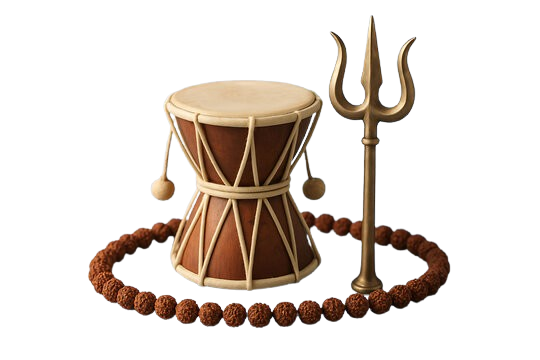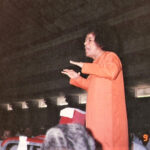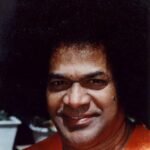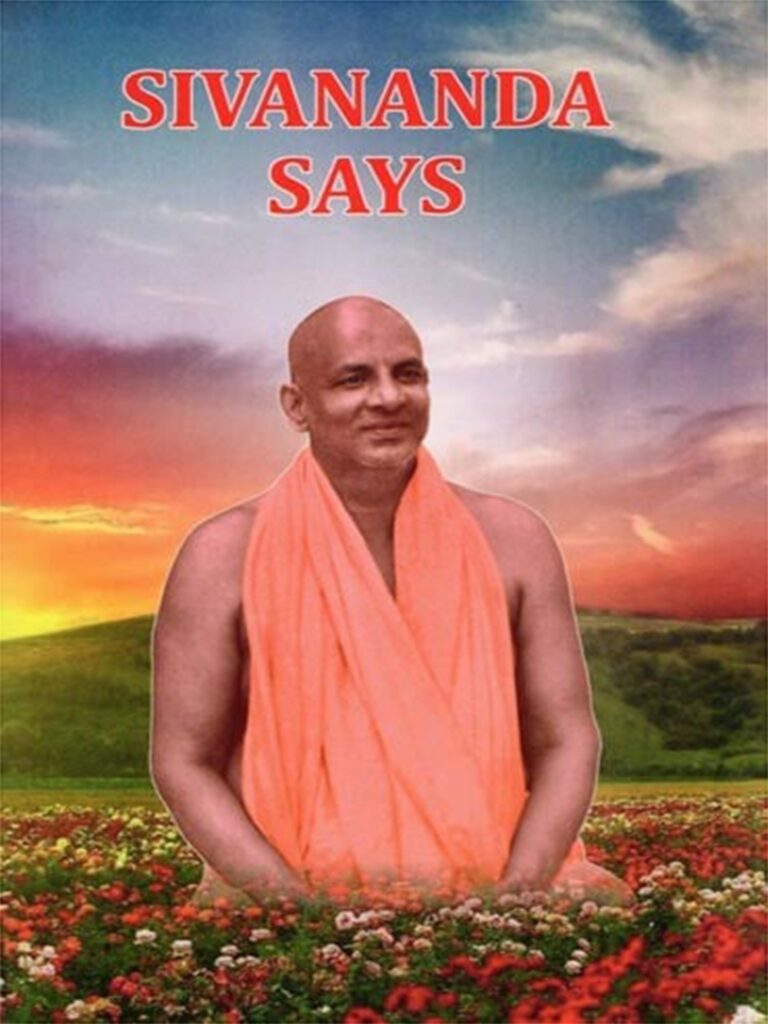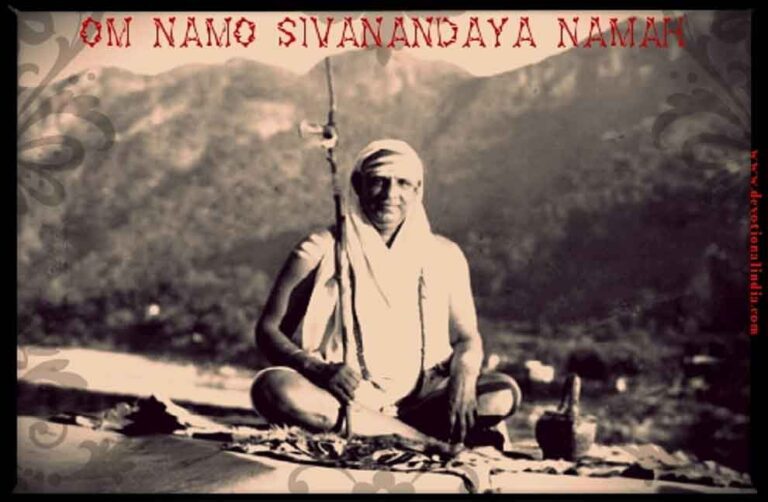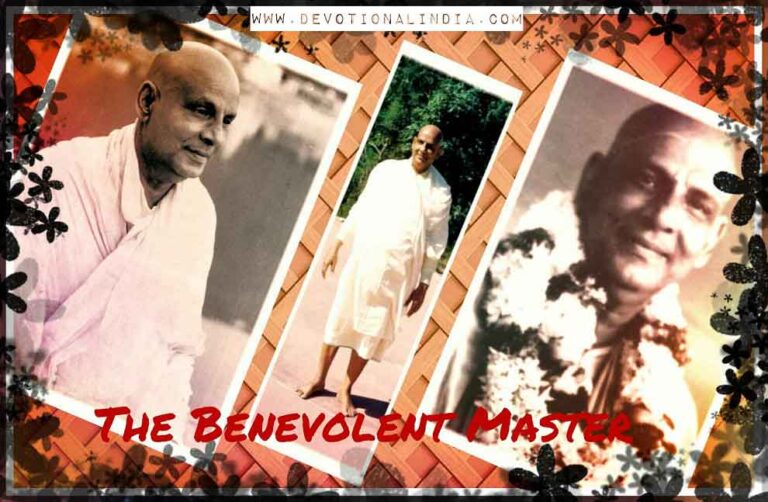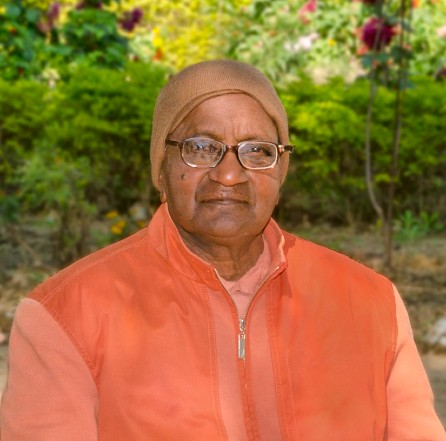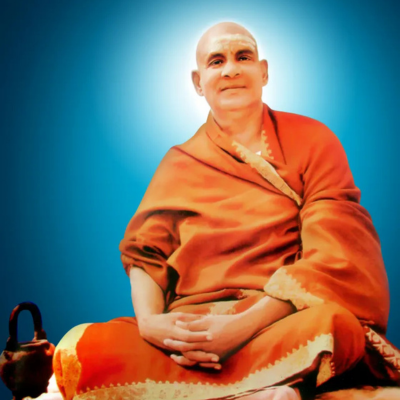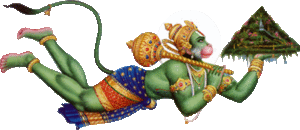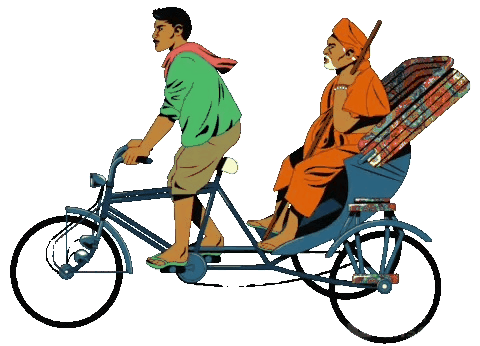Leela Kaivalya Vahini
Leela Kaivalya Vahini
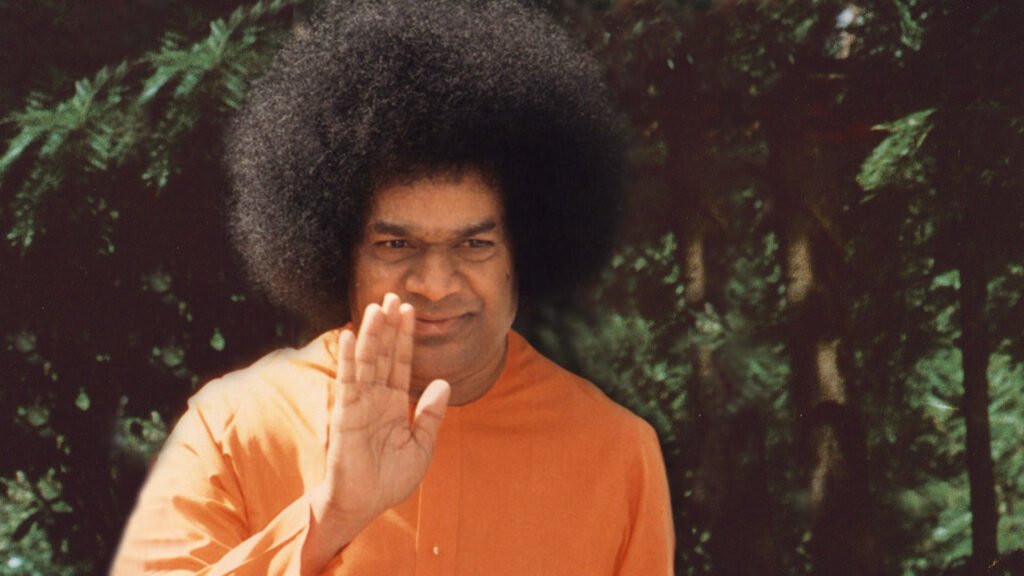
Sri Sathya Sai Baba’s Leela Kaivalya Vahini is one of the most elevating texts in the Vahini series, weaving together the beauty of God’s Leela—the divine play—and the supreme goal of Kaivalya—absolute liberation. The word Leela refers to the spontaneous, joyous, and mysterious ways in which the Divine manifests in the universe, while Kaivalya denotes the state of oneness, freedom, and bliss attained when the soul realizes its unity with God. Baba explains that to understand creation, life, and liberation, one must grasp both these aspects: the world as God’s play and the soul’s destiny as union with the Divine. This work is not merely philosophical but profoundly practical, showing how the recognition of life as God’s Leela helps us rise above sorrow and how the pursuit of Kaivalya gives meaning to every step of existence.
Baba begins by reminding us that the universe is not a chaotic accident but a purposeful manifestation of the Divine will. All events, from the rise and fall of civilizations to the small joys and sorrows of daily life, are part of the cosmic play of God. To the ignorant, this play seems random or unjust, but to the wise, it is a dance of love, a drama designed to awaken the soul to its true identity. Just as actors take on roles in a play without being bound by them, the Atma, our true Self, participates in the world while remaining untouched. The tragedy lies in forgetting that we are actors and mistaking the roles for our permanent reality. Baba emphasizes that recognizing life as Leela brings freedom from fear, attachment, and despair. If the world is God’s play, then our part is to play our role sincerely, joyfully, and selflessly, knowing that the Director is Divine and that the end of the drama is always auspicious.
At the same time, Leela Kaivalya Vahini teaches that the purpose of Leela is not endless entertainment but the soul’s awakening to Kaivalya. Liberation, Baba explains, is not escape from life but the realization of one’s eternal oneness with God, beyond birth and death. Kaivalya is the state where the individual ego dissolves, leaving only pure awareness, bliss, and freedom. It is the culmination of all spiritual disciplines, the fruit of devotion, meditation, and wisdom. Baba stresses that Kaivalya is not to be postponed to some distant afterlife; it can be experienced here and now when one transcends ignorance and abides in the Self. The liberated soul lives in the world yet remains free, like a lotus untouched by water or a bird flying in the sky without leaving a trace. Such a person sees all as God, loves all, and serves all without selfish motive.
A recurring theme in this Vahini is the harmony of Leela and Kaivalya. To see life as Leela is to enjoy its beauty without being bound; to seek Kaivalya is to anchor oneself in truth while playing one’s part. Baba explains that both are necessary: without the recognition of Leela, life becomes a burden of suffering; without the pursuit of Kaivalya, play becomes meaningless distraction. Together, they give life depth and joy. Baba often uses simple analogies: just as a child enjoys playing a game but knows it is play, so too the wise enjoy life without clinging to it. Just as a river flows joyfully to the ocean, so too life’s play flows toward liberation.
In Leela Kaivalya Vahini, Baba also highlights the role of God’s incarnations (avatars) in revealing the divine play and guiding souls to liberation. Whenever unrighteousness prevails, God descends to restore Dharma and to remind humanity of its divine heritage. The stories of Rama, Krishna, and other avatars are not just myths or history but divine Leelas filled with profound lessons. Each act of an avatar—whether slaying a demon, lifting a mountain, or playing with devotees—is symbolic, pointing to deeper truths about the soul’s journey. Baba emphasizes that to understand the avatar’s Leela is to glimpse the mystery of God’s love, and to follow the avatar’s teachings is the sure path to Kaivalya. He urges devotees not to get lost in external miracles or stories but to internalize their message: to live with truth, love, peace, and selfless service.
Another important teaching in this Vahini is the role of surrender. Baba explains that just as actors trust the director of a play, so must we surrender to God, accepting life’s joys and sorrows as part of His design. Surrender does not mean passivity but active faith: performing one’s duties with sincerity while offering all outcomes to the Divine. When surrender deepens, the ego weakens, and the heart opens to grace. Grace, Baba says, is always available, but it flows fully only into the vessel of humility and trust. This grace transforms ordinary life into divine play and ordinary actions into steps toward liberation.
Baba also addresses the practical disciplines needed for Kaivalya: meditation, discrimination (viveka), detachment (vairagya), devotion (bhakti), and service (seva). Meditation stills the mind, allowing the inner Self to shine; discrimination helps distinguish the eternal from the temporary; detachment frees one from bondage to pleasure and pain; devotion fills the heart with love for God; and service purifies the ego, making the seeker a channel of divine compassion. Practiced together, these lead the soul steadily toward Kaivalya. Baba emphasizes that no single path is exclusive—whether one follows knowledge, devotion, or service, all paths converge in liberation when practiced sincerely.
The universality of Leela Kaivalya Vahini is striking. Baba explains that Leela is present in all cultures, religions, and histories, for God’s play transcends boundaries. Similarly, Kaivalya is not the privilege of saints alone but the birthright of every soul. Liberation is not a reward but the natural state, obscured only by ignorance. Just as clouds temporarily hide the sun but cannot destroy it, ignorance veils the Self but cannot change its eternal nature. The purpose of human life, therefore, is to disperse the clouds through discipline and devotion, revealing the sun of Kaivalya that always shines within.
Baba also clarifies common misconceptions about liberation. Some imagine Kaivalya as annihilation, a void, or withdrawal from the world. Baba insists it is the opposite: it is fullness, bliss, and unity. It is not the destruction of individuality but the expansion of individuality into universality, where the “I” merges into the cosmic “I Am.” A liberated person does not abandon life but embraces it more deeply, seeing everything as sacred. Far from becoming aloof, such a soul becomes a source of joy and peace for others, guiding them gently toward truth. In this way, Kaivalya is not only personal fulfillment but also a blessing to society.
Ultimately, Leela Kaivalya Vahini is both an invitation and a reassurance. It invites us to see our lives as part of God’s play, to stop taking every sorrow and joy as absolute, and to play our role with sincerity and love. At the same time, it reassures us that no matter how lost or bound we feel, our destiny is Kaivalya, for we are already divine at the core. The journey of many births and deaths is simply the unfolding of the divine play leading us back to God. When wisdom dawns, the play is enjoyed without attachment, and liberation is realized in the very midst of life.
In conclusion, Leela Kaivalya Vahini is a unique text that blends joy and seriousness, play and liberation, devotion and wisdom. It reminds us that God’s creation is not a prison but a stage, not a punishment but a play of love. To recognize it as Leela is to live lightly, joyfully, and fearlessly. To seek Kaivalya is to fulfill the purpose of life by realizing one’s eternal oneness with God. Together, they make existence meaningful and blissful. Baba’s message flows through this Vahini like a river of nectar: live with awareness, play your role with love, surrender to the Divine, and realize your true Self. Then life becomes a celebration, and liberation becomes a natural blossoming. Thus, Leela Kaivalya Vahini is not only a book but a sacred stream, carrying seekers from the play of life to the ocean of freedom.












